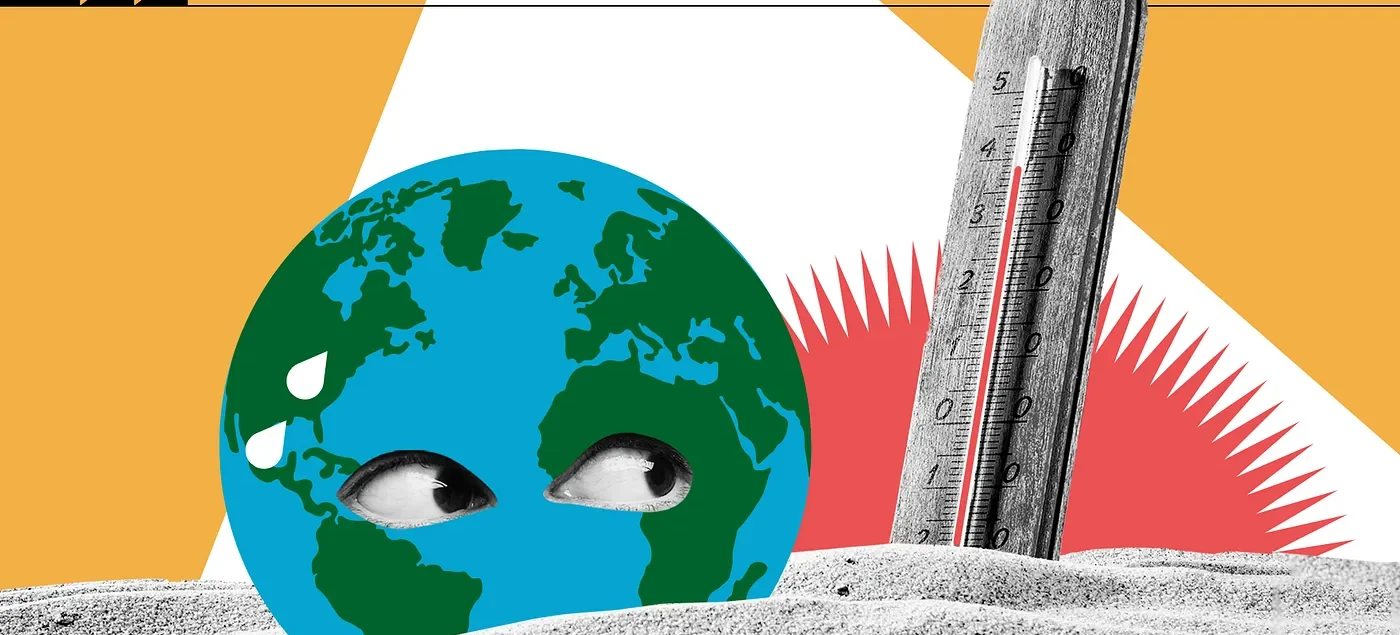Combatting online climate change misinformation
Innovative applications of Q methodology and the Delphi technique to interrogate agricultural stakeholders’ perception and foresightedness to combat online climate change misinformation
-
Overview
-
Project Vision
-
Publication & Media
The initiative is part of the Banting Post-doctoral Fellowship of Dr. Khondokar Humayun Kabir. The prevalence of misinformation on the internet poses a significant challenge in different areas, including the spread of inaccurate information during public health crises and political discussions. Within the agri-food context, climate change misinformation is gaining recognition, but it remains an evolving area of concern. Proper climate-related information is crucial for the success of the agricultural sector as it has a significant impact on crop yields, livestock health, and fisheries management. With the growing integration of digital technologies in agriculture, farmers are exposed to a vast information landscape that, unfortunately, contains a significant amount of climate change misinformation. Misinformation refers to inaccurate or misleading information that casts doubt on established scientific consensus, and this may lead to severe consequences in agricultural decision-making and adaptation strategies.
To address this urgent issue, the project will explore agricultural stakeholders' perceptions and foresightedness concerning online climate change misinformation. The project will employ innovative applications of Q methodology and the Delphi technique to gain a deeper understanding of agricultural stakeholders' perceptions and foresight regarding climate change misinformation. Q methodology, known for revealing shared viewpoints within a participant group, will be used to understand how farmers and other agricultural actors interpret climate change misinformation. The Delphi technique, a structured, iterative process, will facilitate the building of consensus, identify key challenges and opportunities to combat misinformation, and ultimately strengthen climate resilience within the agricultural sector
By exploring their perceptions and forward-thinking, the research will highlight practical strategies to combat misinformation and ultimately contribute to a more informed and resilient agricultural sector, which is prepared to address the challenges of climate change in the age of information overload.

![]()

